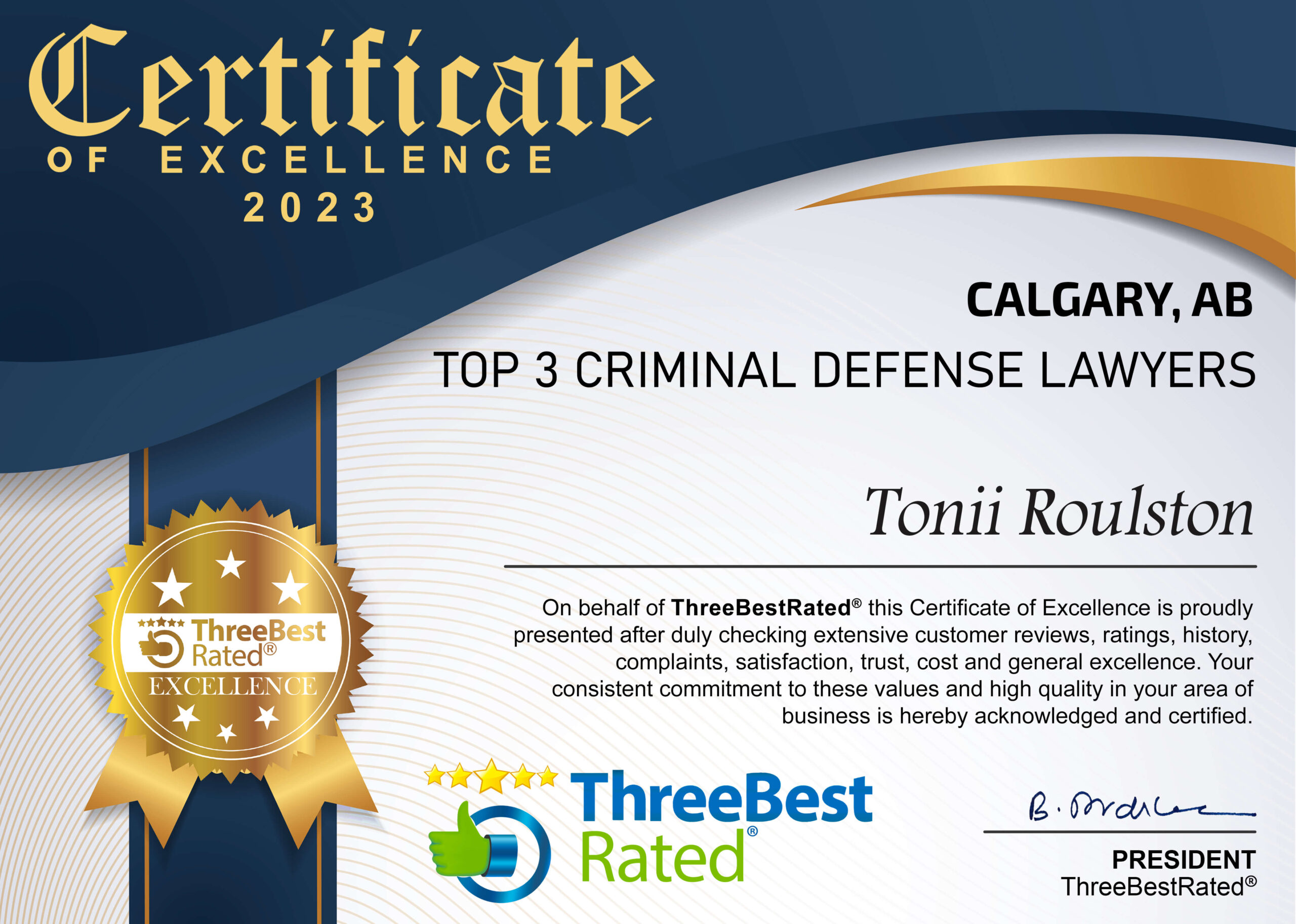Criminal harassment involves the repeated and unwanted behaviour towards another person that causes them to fear for their safety, or the safety of a dependent member of their family. This criminal offence may include following, watching, communicating with, or threatening the complainant. This may occur in person, online or through other methods of communications. For the behavior to constitute a criminal harassment charge by the courts, it must be persistent and ongoing.
Criminal Harassment Charges
Criminal Harassment Lawyers
The Lawyers At Roulston Urquhart will Evaluate all Aspects of the Case to Develop a Thorough Defence to These Types of Harmful Allegations.
At Roulston Urquhart, we understand how quickly a criminal harassment charge can arise. This is because there is a wide spectrum of behaviour that can be considered criminal harassment. If the complainant has contacted you, these records of communication may be useful in your defence. Our criminal defence lawyers will thoroughly review the information you provide and rigorously defend you against this type of accusation.
Questions
Is criminal harassment the same as stalking?
Criminal harassment is listed in the Canadian Criminal Code under s.264. There are 4 types of behaviour that qualify as criminal harassment. Section 264(2)(a) covers the repeated following of the accuser or person known to them. Section 264(2)(b) is the repeated communication with, either directly or indirectly, the accuser or anyone known to them. The third part of this section, s. 264(2)(c) involves the constant presence at or watching the home of the accuser or any other place that is frequented. Lastly, s.264(d) is engaging in threatening conduct that is directed at the individual or member of their family.
Stalking is considered a type of harassing behaviour that an accused may exhibit when charged with criminal harassment. Stalking itself is not considered a specific and separate offence within the Criminal Code.
How serious must allegations be to result in a criminal harassment charge?
To be charged with criminal harassment, it must be shown that the accused behaved in a harassing manner listed in one of the four subsections above. The Crown Prosecutor must prove beyond a reasonable doubt that the alleged behaviour of the accused reasonably created a sense of fear for their own, or other persons, safety.
If you’re facing a criminal harassment charge, you need an experienced criminal harassment lawyer in Calgary by your side. Contact us immediately for assistance.
